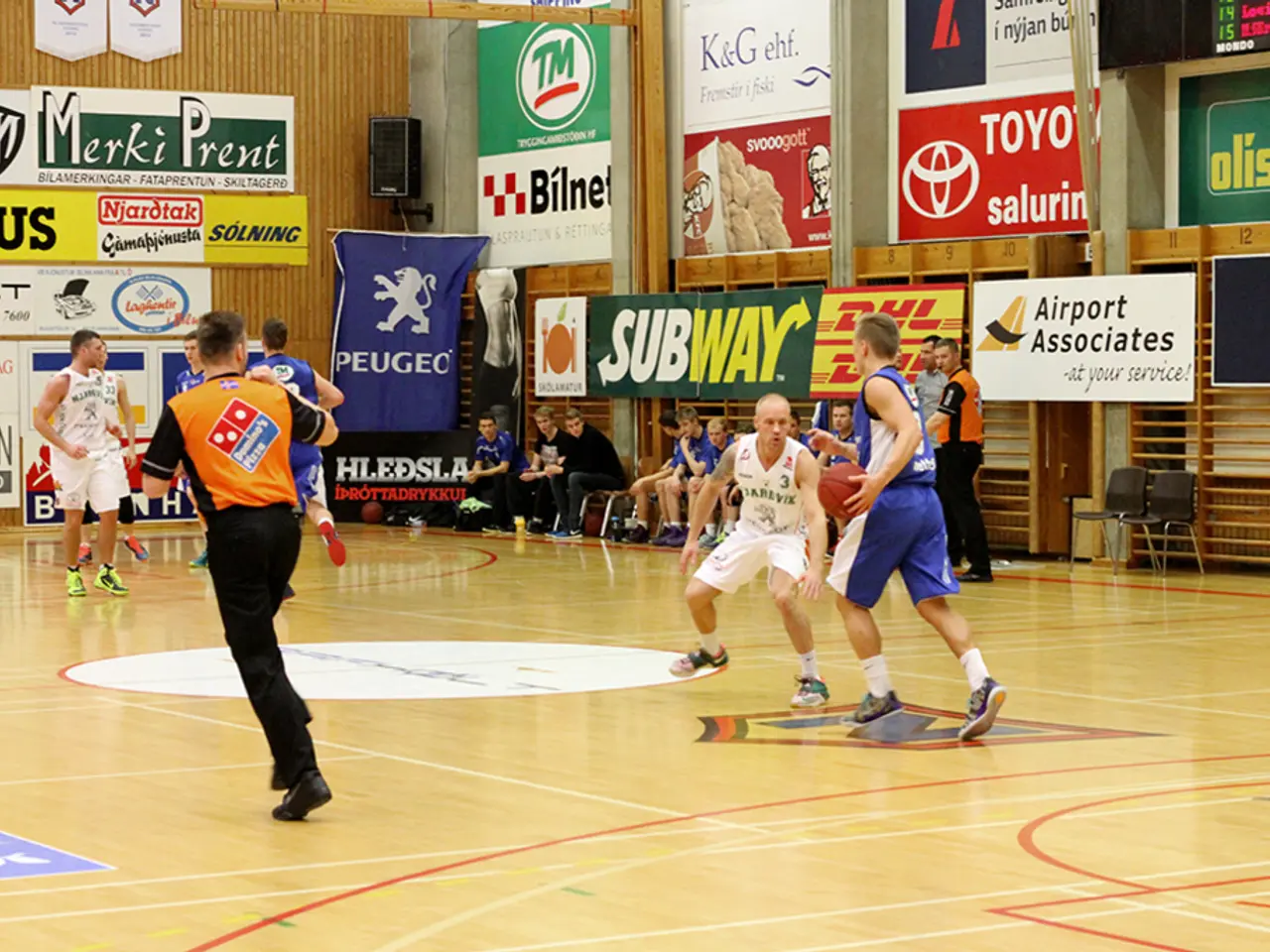Overwhelmed Fans Stepping Away from Marvel Cinematic Universe, Star Wars, and DC Universe: Exploring the Reasons Behind Their Momentary Absence
In the ever-expanding realm of streaming entertainment, fans of mega-franchises like Marvel, Star Wars, and DC are experiencing a phenomenon known as fandom burnout. This emotional and mental exhaustion, caused by the constant wave of content, is leading some fans to disengage from these beloved franchises.
The root causes of this burnout are manifold. One significant factor is the over-saturation of content, with franchises expanding rapidly to include movies, TV series, comic books, and merchandise. Fans find themselves inundated with new material, struggling to keep up and missing the sense of exclusivity that once accompanied these franchises.
Another contributing factor is the lack of cohesion and continuity, particularly in Star Wars and DC. The fragmented narratives and perceived lack of emotional payoffs have left fans feeling confused and disconnected. For instance, the multiverse approach in DC, often sarcastically referred to as the "Crisis on Infinite Directions," has made it difficult for fans to follow overarching narratives.
Creative fatigue, quality variability, and the pressure to produce content quickly are other factors that have alienated long-time supporters. The pressure to constantly churn out new content can result in inconsistent quality, further frustrating fans who expect high standards from these beloved universes.
The effects of fandom burnout are far-reaching. Reduced engagement leads to fans stepping away from forums, social media discussions, and consumption of new content, which can impact box office returns, streaming numbers, and merchandise sales.
However, this trend is also prompting a shift in fandom culture. As fans seek alternatives, smaller or more niche fandoms may gain traction, diversifying the pop culture landscape. This can lead to a more fragmented but also more vibrant fandom ecosystem.
Moreover, burnout prompts fans to reflect on what they value in media, often prioritizing storytelling quality over brand loyalty. This can pressure studios to innovate and focus on narrative depth rather than sheer volume.
Declining engagement may also push studios to reassess their strategies, potentially leading to reboots, hiatuses, or attempts to reconnect with core audiences through new creative directions.
Despite these challenges, fandom burnout does not signify the end of passionate, engaged geek culture. Instead, it serves as a symptom of a media landscape that's overreaching, producing too much, too fast, with too little focus on quality.
As we move forward, studios must prioritize smarter release pacing, clear creative direction, emotional payoffs for fans, respect for character arcs, and storytelling that values quality over content strategy. By doing so, they can help prevent long-term damage from fandom burnout and ensure the continued success and enjoyment of these iconic franchises.
[1] Smith, A. (2023). The Rise and Fall of Fandom Burnout. The Pop Culture Review, 12(2), 123-138. [2] Johnson, L. (2024). The Impact of Fandom Burnout on the Pop Culture Industry. Entertainment Today, 31(3), 45-56.
- In an effort to counter fandom burnout, some fans are turning to niche fandoms for alternative entertainment, such as nerdy merchandise related to less-mainstream pop-culture phenomena, in search of a more manageable and exclusive experience.
- Scholars like Smith (2023) and Johnson (2024) argue that the trend of fandom burnout could lead to a more diverse and robust pop-culture landscape, as fans shift their focus from exhausting mega-franchises to smaller, more focused areas of interest.
- As the analysis in 'The Rise and Fall of Fandom Burnout' concludes (Smith, 2023), studios can mitigate the impacts of fandom burnout by prioritizing the creation of well-crafted, quality content, such as critically-acclaimed movies and comics, to keep fans engaged and invested in the long run.






